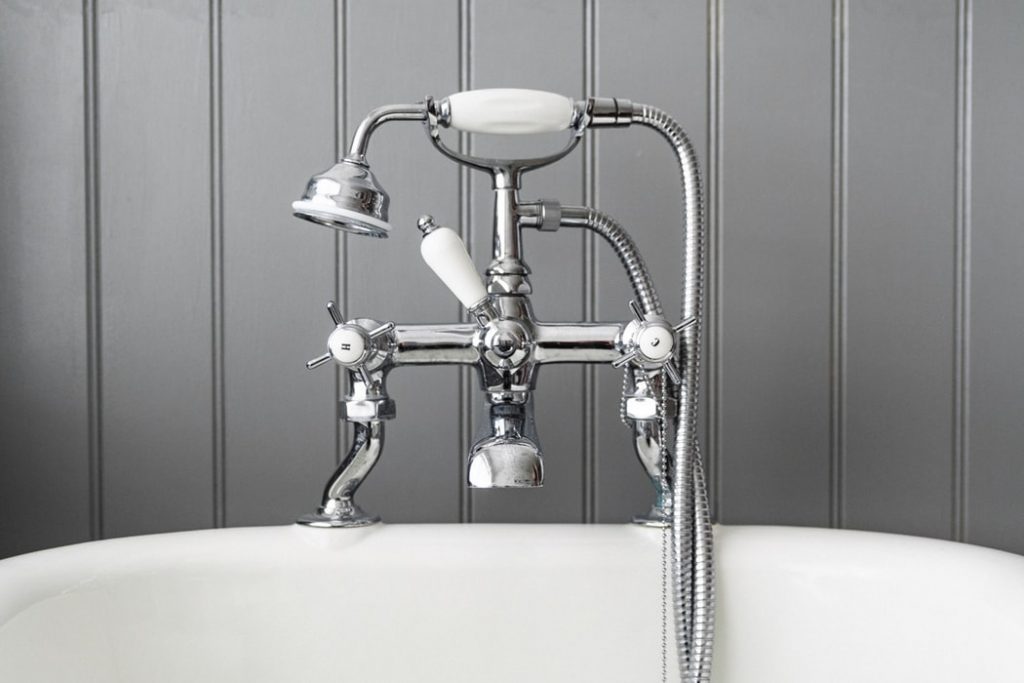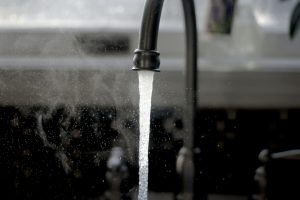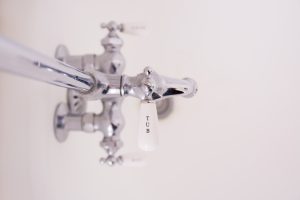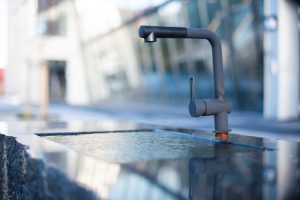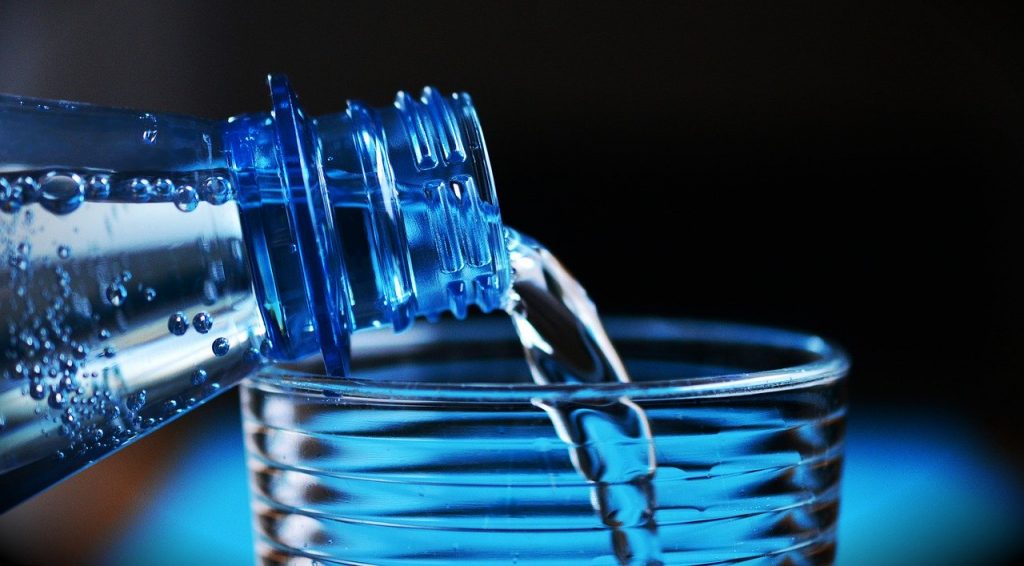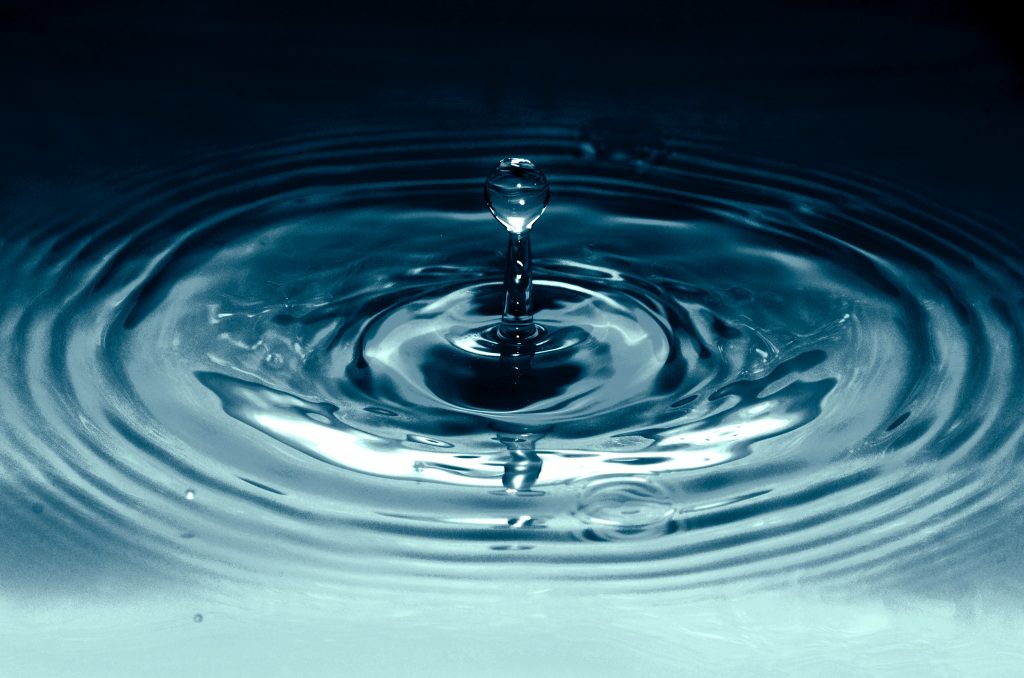If you’re shopping for a lead water filter, whole house systems will eventually pop up on your radar. But are they really effective at removing lead from your drinking water? What’s this highly toxic compound doing in your water, anyway? Today, we’ll answer these questions and more to help you ensure safe drinking water for yourself and your family.
Is The Water In Phoenix Safe To Drink?
It’s no secret that tap water all throughout America is of poor quality. Research has shown that millions of Americans drink water containing elevated levels of bacteria and even lead.
Phoenix, Arizona is no exception to this rule. In fact, recent reports have indicated that dozens of schools in the area receive water contaminated with lead. This, combined with the government’s apathetic response, is why reverse osmosis systems in Phoenix are so popular.
But How Does Lead Get Into Our Water Anyway?
Underwater pipes are one of the most common sources of lead in drinking water. Officials in Phoenix are instructed to replace these pipes upon encountering them but many still remain connected to the infrastructure that serves our homes and schools.
How Can I Test For Lead In My Water?
The Environmental Protection Agency maintains a database of experts in each state that will conduct testing on your water for free. Visit their website here and contact a laboratory in your state for more information.
What’s The Big Deal About Lead In Water, Anyway?
Given the government’s apathetic response, less skeptical folks might also shrug and assume the effects aren’t really that bad. At American Home Water and Air, “not that bad” isn’t good enough for our families — and we don’t think it should be for you either.
While the levels of lead in drinking water throughout America aren’t always high enough to cause immediate negative effects, the damage occurs over the long haul.
According to the World Health Organization (WHO), lead is a “cumulative toxicant.” Your body stores it in your teeth and bones. There, it accumulates and unleashes effects over the long haul.
These effects are so dire that the WHO predicts lead exposure robs humans worldwide of 24.4 million years of healthy lives. That’s nothing to balk at — especially when solutions like reverse osmosis filters are so easy to have installed.
Lead Water Filter: Do Whole House Systems Work?
A whole house lead water filter can be very effective at removing not just this toxic compound from your water but plenty of others as well. They’re so effective, in fact, that part of authorities’ response to the Flint Water Crisis involved giving them to residents.
A whole house water filter for lead can come in a variety of forms. Let’s take a look at the most common ones and evaluate their effectiveness.
Activated Carbon Filters
Activated carbon filters soak up contaminants like:
- lead
- mercury
- nickel
- chlorine
While a carbon-based whole house water filter for lead is effective at removing these chemicals, it is not as efficient in dealing with minerals and inorganic materials that have been dissolved.
Reverse Osmosis Filters
Instead of being a whole house lead water filter, most reverse osmosis systems treat water that flows through a single faucet. Whole-house systems do exist, however.
- When looking for ways to improve the quality of your drinking water, it’s worth considering the benefits of reverse osmosis vs distilled water. Reverse osmosis is very effective at producing pure drinking water. Among the contaminants it removes are: [list of contaminants removed by reverse osmosis]
- lead
- asbestos
- dissolved organic compounds
- radium
- other heavy metals
- chlorine
- chlorinated pesticide
Reverse osmosis isn’t as effective at removing other types of pesticides, however. This is because pesticide molecules are much smaller than water molecules. The membranes in reverse osmosis systems cannot stop them from passing through.
The reverse osmosis systems we provide at American Home Water and Air overcome this by using several stages of membranes. These progressively-finer membranes rid your water of virtually all contaminants.
Combination Filters
Another common type of whole house water filter for lead removal is one that relies on multiple types of filters, including carbon. Filters such as our Pro-Health System will not only purify your water but soften and balance its pH levels as well.
Which Filter Is Best For Removing Lead?
All of the systems we mentioned will adequately remove lead from your drinking water. Which one is right for you depends on a variety of factors, including your home’s existing filtration infrastructure and your family’s water needs.
If you’re in the Phoenix, Arizona metro area, we invite you to contact us at American Home Water and Air. We’d be happy to look at your situation and not just recommend a filter but also explain why we believe our recommendation is the best choice for you.
Frequently Asked Questions
Can you filter out lead from water?
You absolutely can. There are a variety of filters that do this, including reverse osmosis and carbon filtration.
Do Brita filters filter out lead?
Brita filters do remove lead. However, if you are contemplating using one of their smaller, single-fixture filters you may find yourself better off using a whole-house system.
Are whole house water filters worth it?
At American Home Water and Air, we want the safest, best-quality drinking water for our families. While a good whole house water filter will certainly cost you, we like to think that the benefits (namely, safe drinking water for your family) make it priceless.
Does a fridge filter remove lead?
The specialized filters required to remove lead are rare in refrigerators. A whole-house system can filter your water before it even reaches your fridge.
Does boiling water remove lead?
Boiling water will not remove lead from it, according to the CDC. In fact, boiling water contaminated with lead can even increase the metal’s concentration. This underscores the importance of an adequate filtration system; even cooking with water will not get rid of heavy metals like lead.
Can lead be absorbed through the skin?
Lead won’t seep into your skin through water, meaning bathing in lead-contaminated water in and of itself won’t harm you. The issue is with water that you ingest. Note that children sometimes drink water from the showerhead.


